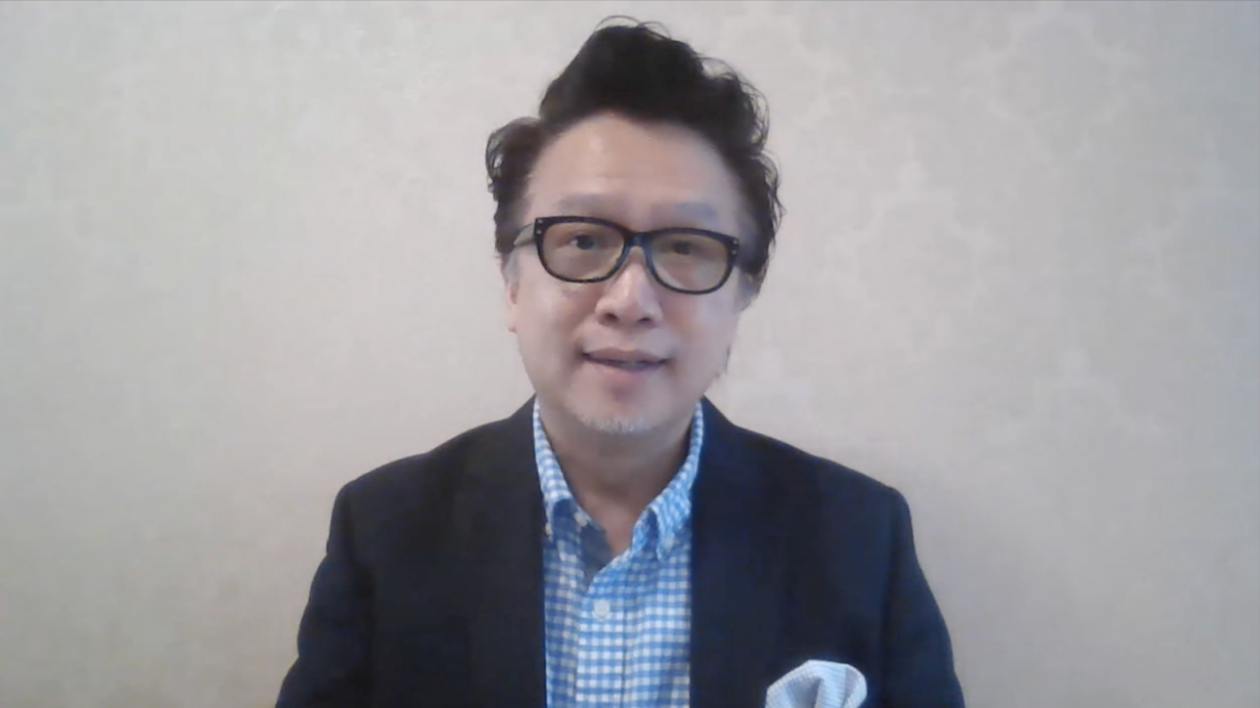After the global crypto failures and bankruptcies in 2022 and China’s known distaste for cryptocurrencies, Hong Kong regulators surprised with a raft of initiatives late last year to attract digital asset investors and platforms to the city in a drive to become the finance hub of Asia for the emerging asset class.
As crypto exchanges in the U.S.and other regions are in dispute with regulators over how digital assets should be classified, Hong Kong’s plans to license crypto platforms should bring some clarity in the Asia region, Samson Lee, the chief executive officer of asset tokenization platform Signum Digital, said in an interview.
“As long as there’s a clear regulation framework, people know the rules of the game and then they will derive the best strategy,” said Lee.
His Hong Kong-based company last week received in-principle approval to run a brokerage platform in the city for securitized tokens, or digitized tokens on the blockchain that can be linked to stocks, real-estate and other real-world assets.
Hong Kong’s plans include a licensing regime for crypto trading platforms set to go live in June this year, and another for stablecoin issuers that is expected to be released later in 2023. The city set up a task force for the digital asset industry under Financial Secretary Paul Chan and started drip-feeding a US$6 million fund into local blockchain startups.
While that’s a small start, the initiatives are attracting companies and investment with crypto market data provider Kaiko, cryptocurrency exchanges Huobi Global and Gate.io all announcing plans to set up headquarters in the city.
They also dovetail with bigger developments among heavy hitters in China after President Xi Jinping in January said emerging technologies such as blockchain are key to building a digital economy.
E-commerce giant Alibaba is launching software tools for companies in the city involved in the next-generation Internet, or a so-called Web3 based on decentralized blockchains. China’s leading smartphone maker Huawei Technologies has partnered with Polygon blockchain to form a Web3-metaverse alliance, while US$428 billion game developer Tencent has joined hands with the Avalanche blockchain.
Talent attractor
“Hong Kong has a very good chance to bring in a lot of talent — I think specifically, we’ve always had quite a number of sort of a Chinese diaspora that is in the crypto community,” Hong Kong-based blockchain company Animoca Brands’ chief business officer Alan Lau said during a panel discussion at the FOMO Asia Web3 conference on Thursday.
“A lot more people have come to us and asked, is the Hong Kong [crypto] regime going to stay? And we certainly feel that this is not a yo-yo type of regulatory policy,” said Lau.
The Signum CEO said another example of Hong Kong’s blockchain future is its experimentation with digital finance, citing the example of a US$100 million issue of tokenized green bonds last month using blockchain.
“It’s not a lot of money if you talk about bonds … but the Hong Kong government is walking the talk,” said Lee, adding that despite the small amount, Hong Kong brought in banking heavyweights Goldman Sachs and HSBC to assist with the sale.
Signum said securitized token offerings, or STOs, improve fundraising opportunities in Hong Kong, a city filled with small-to-medium sized enterprises and family offices, and investors get direct access to fully compliant investment alternatives.
Although cryptocurrencies attract most of the blockchain limelight, STOs are the evolution that Hong Kong finance needs for connecting digital assets to non-crypto natives, said Lee.
Evolution is a better term than revolution or disruption because I see this is a natural transformation from traditional finance, said Lee.
“Because security tokens created as a regulated product are fully compliant already, they have all the flexibility to structuring an underlying asset, it could be real estate, it could be an equity of a company, it could be debt, it could be just even a pure revenue stream of a project.”
It’s clear Hong Kong authorities see opportunity in a digital asset economy and that blockchain is an “unstoppable” next step, Lee said.
Hong Kong regulators always start from a more strict standard and then start to loosen up as they feel more comfortable. He said. “They find a balance.”

